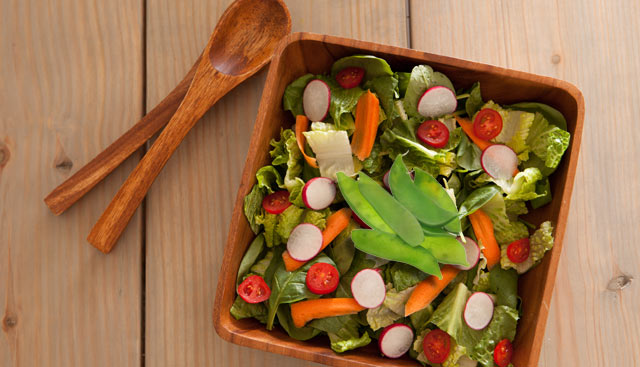Melanoma Prevention

Researchers are still working to determine exactly what causes melanoma, but studies have identified numerous risk factors that can increase a person’s chances of developing this malignancy. As such, melanoma prevention generally centers on avoiding these risk factors.
Some melanoma risk factors can’t be controlled, such as being at an advanced age or having light-colored hair and eyes, fair skin or a family history of the malignancy. Others, however, can be avoided by making certain lifestyle changes. One of the most significant controllable melanoma risk factors is excess exposure to sunlight and other ultraviolet (UV) radiation, so if you want to lower your chances of developing melanoma, you should:
- Use sunscreen (many experts recommend using a broad-spectrum sunscreen with an SPF of 30 or higher that protects against both UVA and UVB rays)
- Wear protective attire when outdoors (for example, a hat, sunglasses and UPF clothing)
- Stay in the shade whenever possible
- Avoid going outside in the middle of the day, when the sun is highest in the sky
- Avoid using sun lamps and tanning beds
In addition to reducing your UV exposure, you should take steps to keep your immune system as healthy as possible. Also be sure to regularly check your skin for new or abnormal moles so that you can show them to a physician and undergo treatment (if necessary) before they develop into melanoma.

Melanoma diet tips
Many people are curious whether there are any foods that aid in the prevention of melanoma. Research shows that eating a diet rich in the following nutrients may help reduce a person’s risk of developing melanoma:
- Beta carotene (found in apricots, cantaloupe, carrots, mangoes, squash and sweet potatoes)
- Lycopene (found in apricots, blood oranges, guava, papaya, pink grapefruit, tomatoes and watermelon)
- Omega-3 fatty acids (found in albacore tuna, flaxseed, herring, mackerel, salmon, sardines and walnuts)
- Polyphenols (found in freshly brewed black and green teas)
- Selenium (found in Brazil nuts, chicken and grass-fed beef)
- Vitamin C (found in bell peppers, broccoli, leafy greens, lemons, limes, oranges, raspberries and strawberries)
- Vitamin D (found in beef liver, cheese, cod liver oil, egg yolks, mackerel, milk, orange juice, salmon and tuna)
- Vitamin E (found in almonds, soybeans, spinach, sunflower seeds and wheat germ)
- Zinc (found in beef, black beans, chickpeas, lamb, lentils and shellfish)
Learn more
For more information about how to prevent melanoma, turn to Moffitt Cancer Center, the only National Cancer Institute-designated Comprehensive Cancer Center based in Florida. Our Cutaneous Oncology Program focuses on expertly diagnosing and treating melanoma and other types of skin cancer, and our Donald A. Adam Melanoma and Skin Cancer Center of Excellence puts us at the forefront of research advancements.
If you’d like to speak to one of Moffitt’s cancer specialists, call us today at 1-888-663-3488 or fill out our new patient registration form online. We don’t require referrals, and we’ll be sure to connect you to a cancer expert as soon as possible.
References
American Cancer Society: Can Melanoma Skin Cancer Be Prevented?
Melanoma Research Alliance: Prevention
Melanoma Research Alliance: Protective Clothing
Skin Cancer Foundation: Can Your Diet Help Prevent Skin Cancer?
